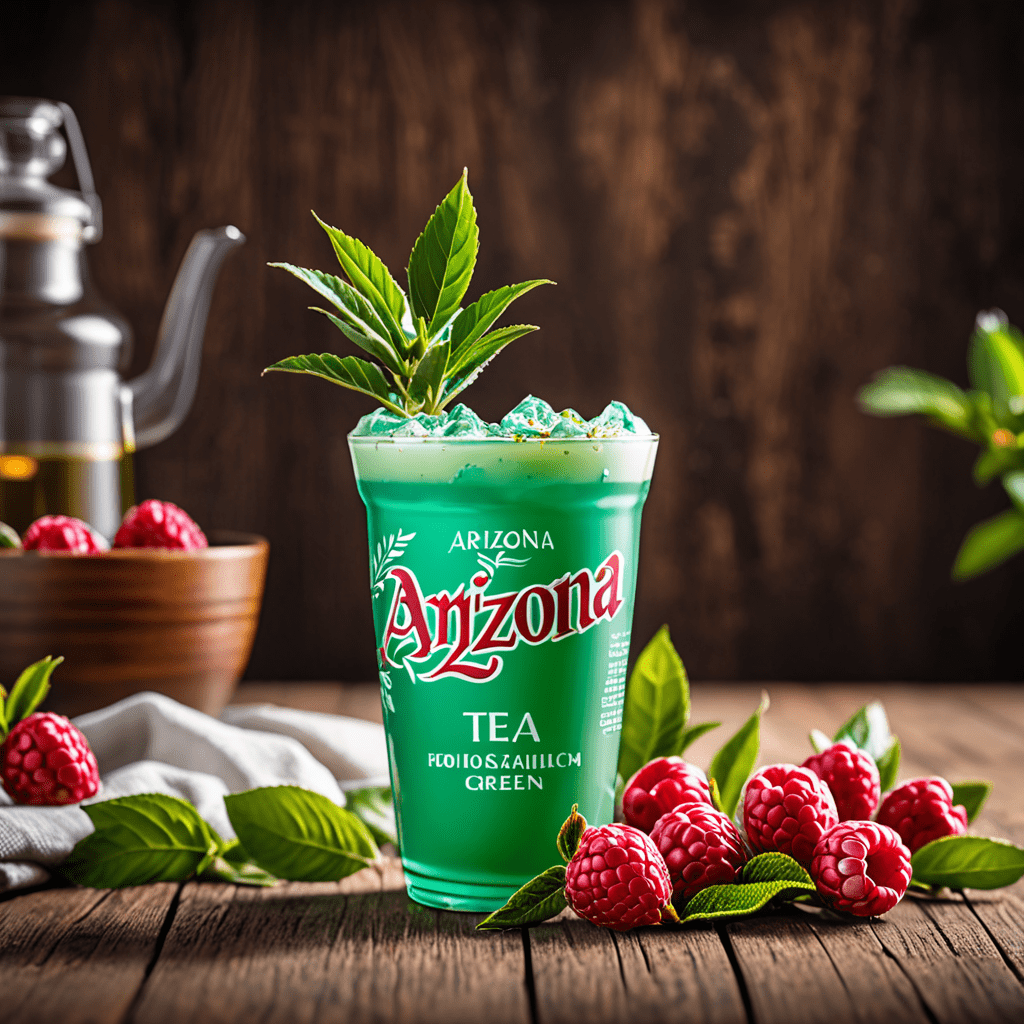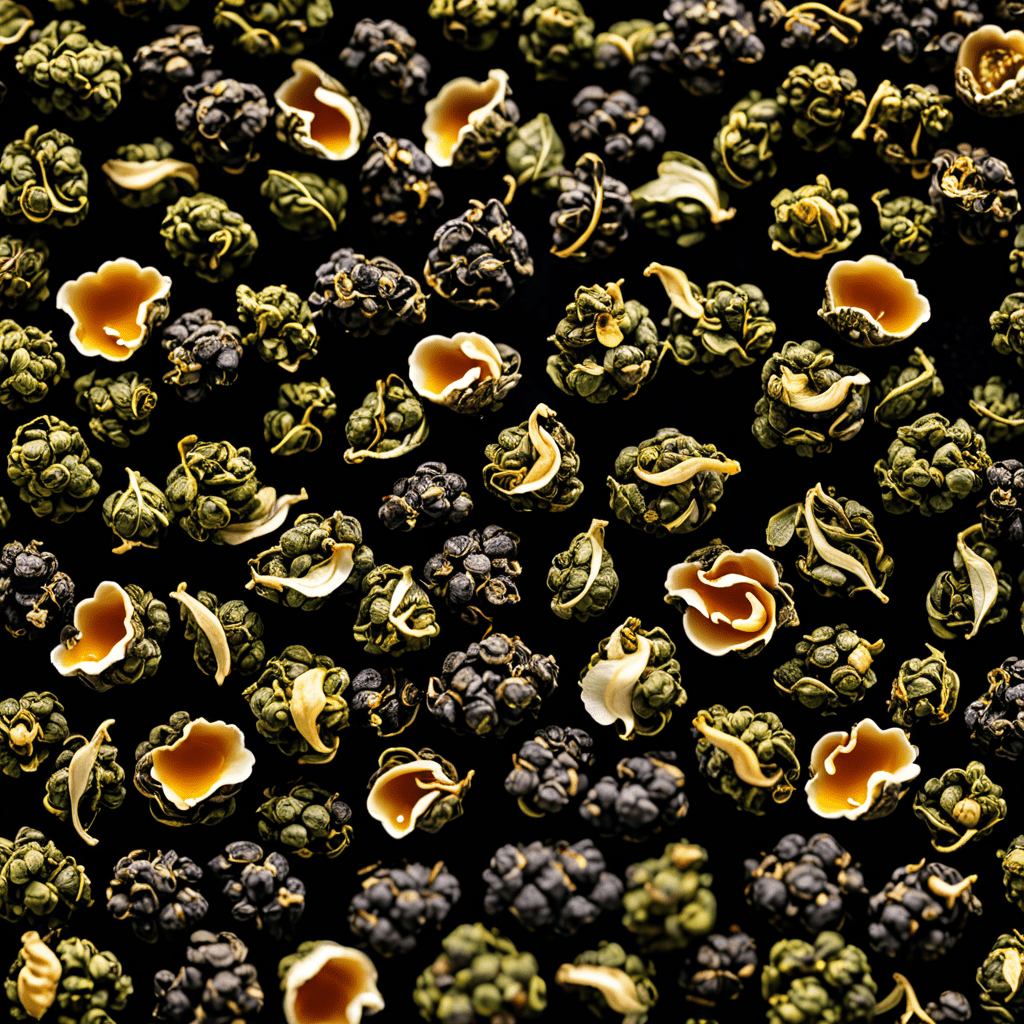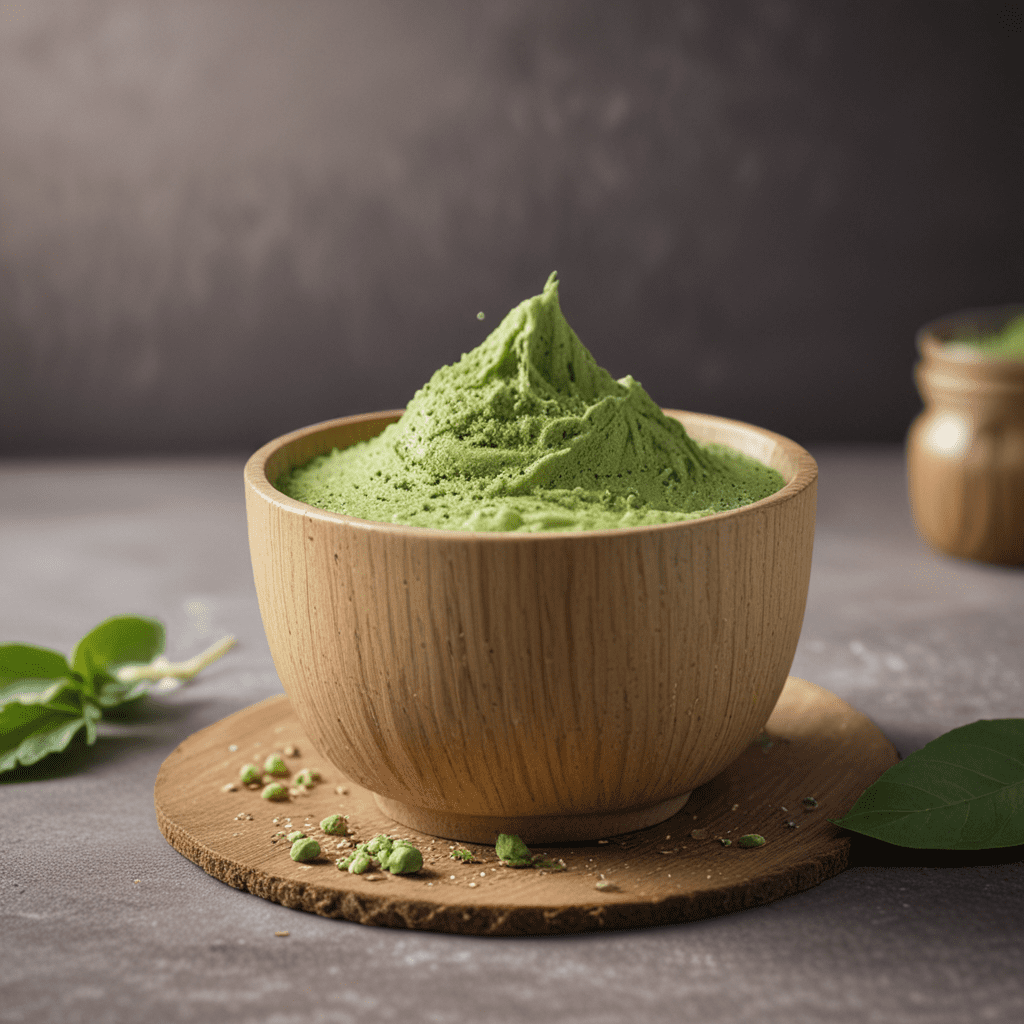Understanding Oxalates in Green Tea
If you’re a green tea enthusiast, you’ve likely come across discussions about oxalates and their potential impact on health. Oxalates are naturally occurring compounds found in many plant foods, including green tea. In this article, we’ll delve into the world of oxalates in green tea and explore their significance for your health.
What Are Oxalates?
Oxalates are organic compounds found in a wide variety of plant foods. They are produced by plants as part of their normal metabolism and play a role in the plant’s defense mechanisms and growth. When consumed, oxalates can bind with minerals in the body, such as calcium and iron, forming oxalate crystals. While some of these crystals are harmless and are excreted in the urine, larger accumulations can potentially lead to health issues.
Oxalates in Green Tea
Green tea, like many other plant-based foods, contains oxalates. The levels of oxalates in green tea can vary depending on factors such as the tea plant variety, growing conditions, and processing methods. The leaves of the Camellia sinensis plant, which is used to produce green tea, naturally contain oxalates, albeit in modest amounts.
Potential Health Implications
For individuals who are susceptible to kidney stones or are at risk of developing calcium oxalate kidney stones, the oxalates in green tea may be a point of concern. Calcium oxalate is the most common type of kidney stone, and those with a history of kidney stones or specific medical conditions may be advised to moderate their oxalate intake, including from green tea.
Minimizing Oxalate Intake
If you are concerned about the oxalate content in green tea, there are some steps you can take to minimize oxalate intake. These include choosing lower-oxalate green tea varieties, consuming green tea in moderation, and staying well-hydrated to help prevent the formation of kidney stones.
FAQ: Frequently Asked Questions
Q: Does brewing green tea affect its oxalate content?
A: The oxalate content in green tea is not significantly affected by the brewing process. Whether the tea is steeped for a short or long duration, the oxalate levels remain relatively stable.
Q: Can green tea still be part of a healthy diet for individuals concerned about oxalates?
A: For most individuals, including those with concerns about oxalates, moderate consumption of green tea can still be part of a balanced and healthy diet. However, it’s important to consult with a healthcare professional for personalized advice if you have specific health concerns related to oxalates.
Q: Are there specific green tea varieties with lower oxalate levels?
A: While oxalate levels can vary among different green tea varieties, there is no standardized information available on oxalate content for specific teas. If you have specific concerns about oxalates, consider discussing tea options with a knowledgeable tea specialist or healthcare provider.
As with any dietary component, the role of oxalates in green tea should be considered in the context of an individual’s overall health, dietary habits, and medical history. If you have specific concerns about oxalates or any other dietary component, seek guidance from a qualified healthcare professional.


